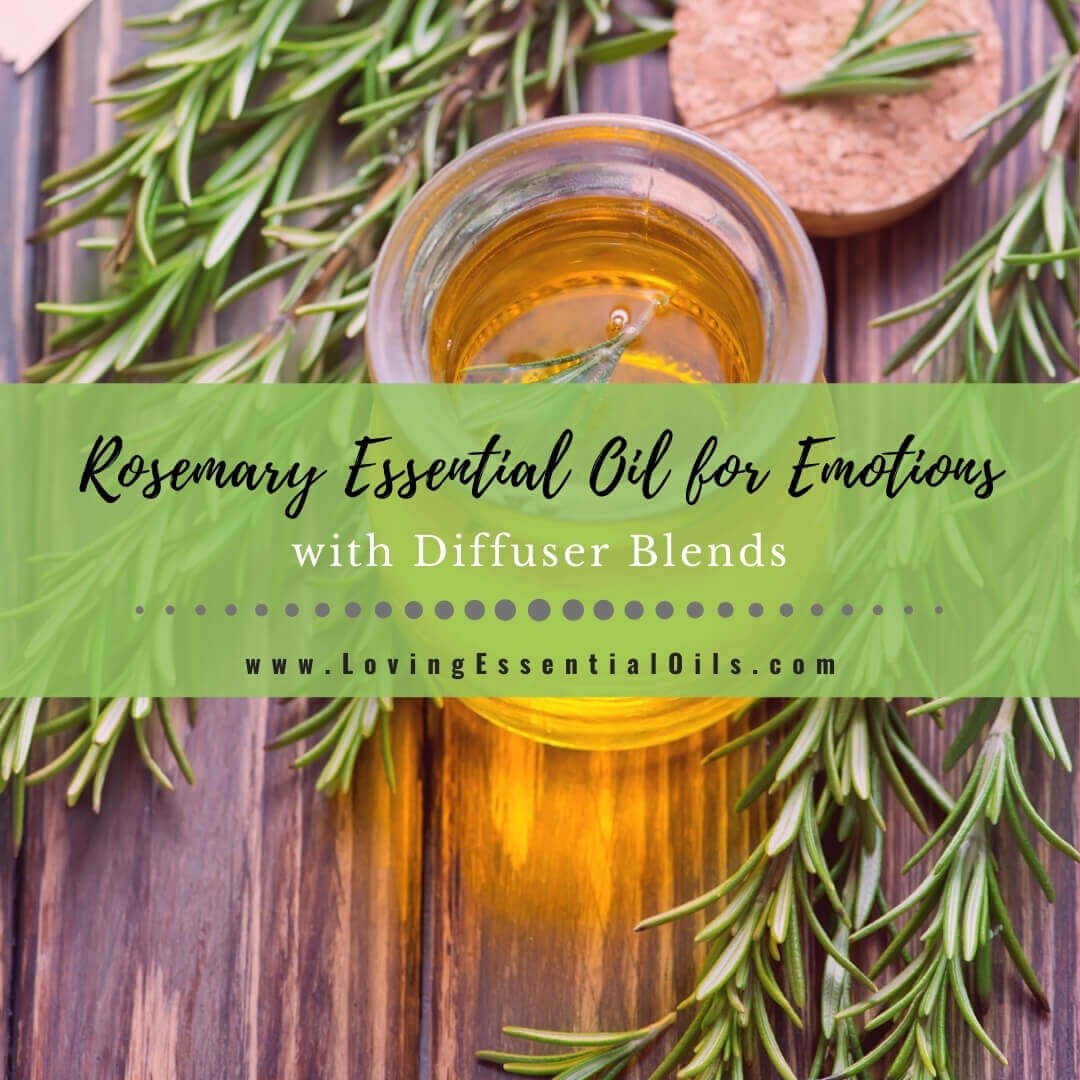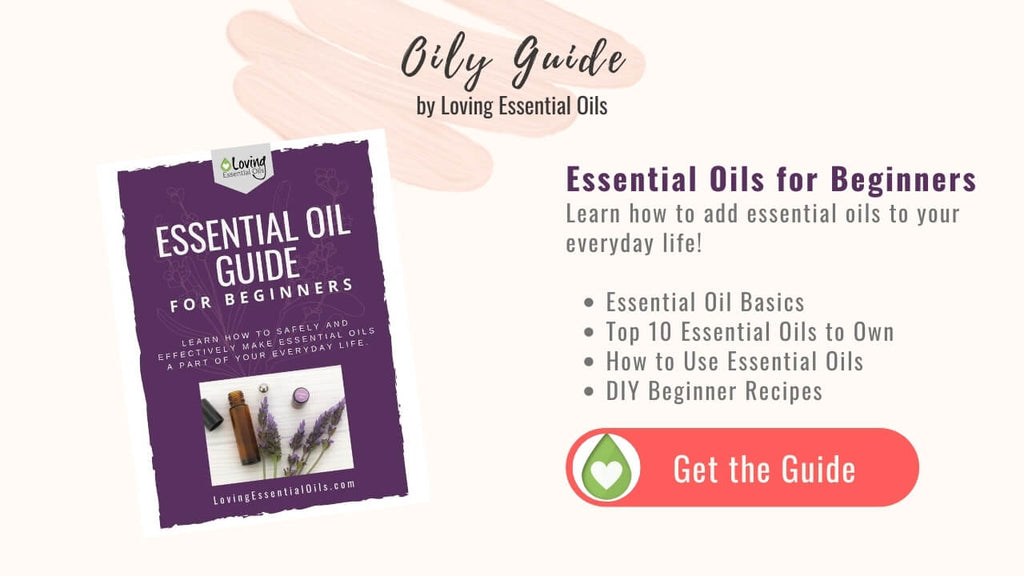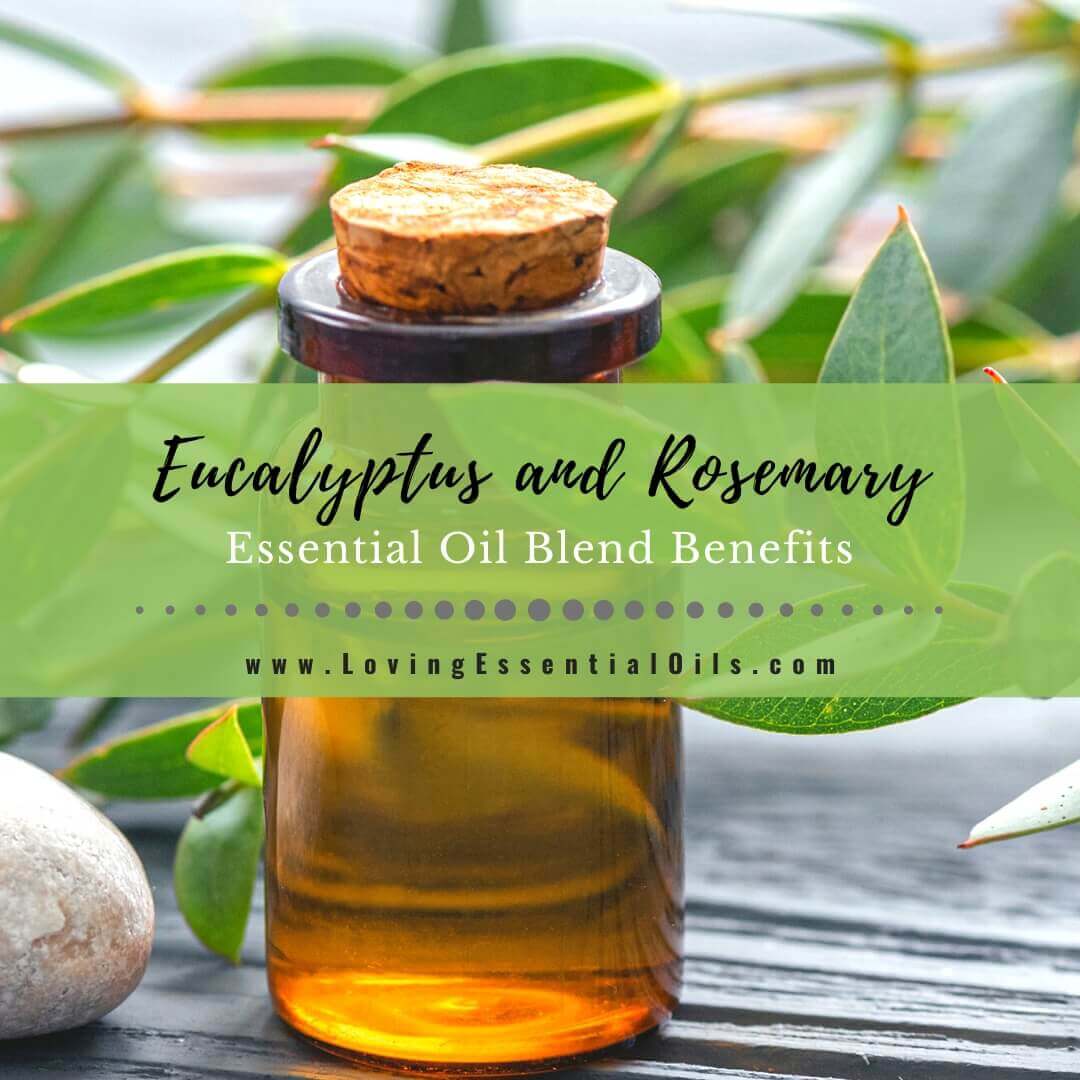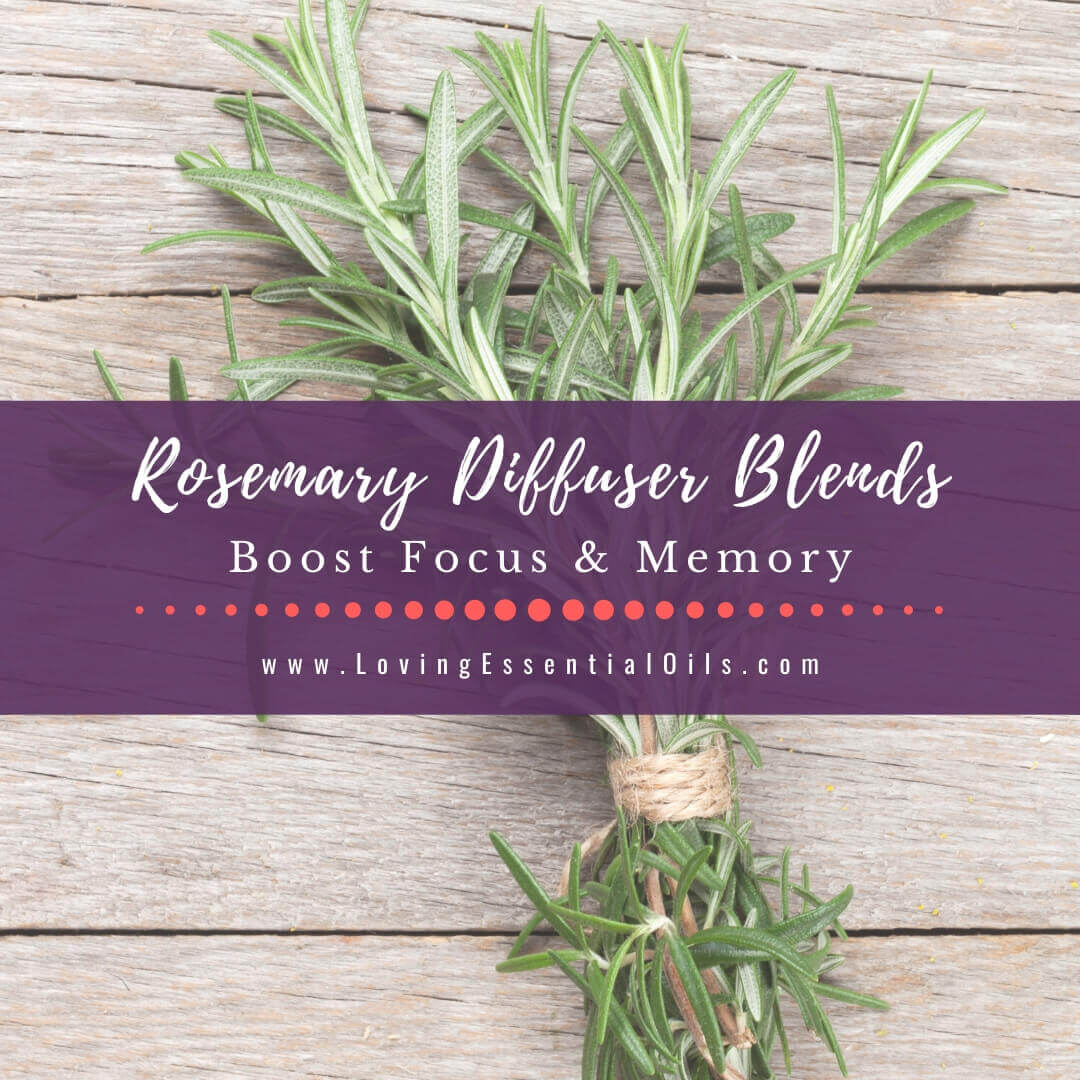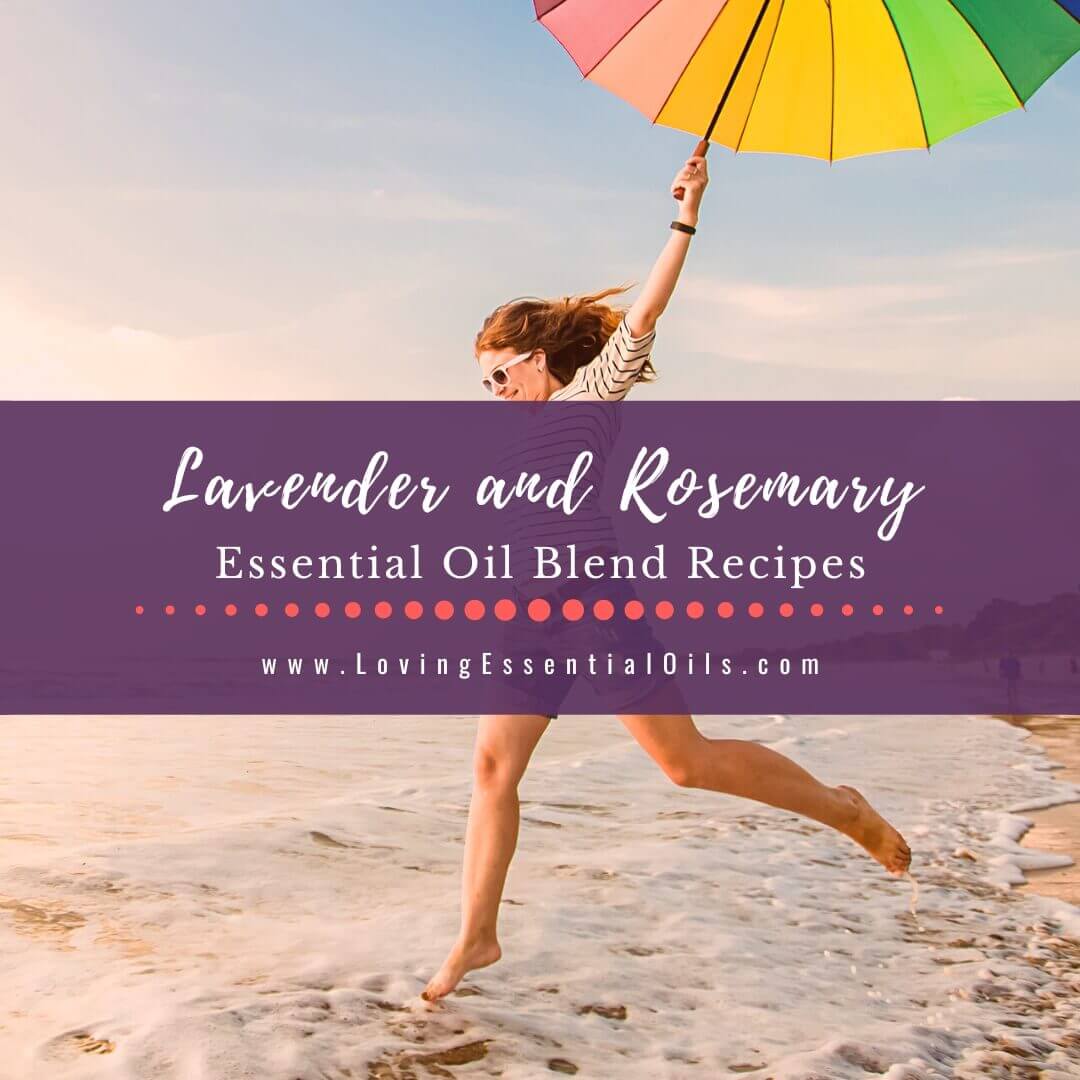Table of Contents
Our emotions are very complex things. There's not a cure-all, one time drug out there that can help our emotions. So how do we combat these emotions? How do we stop the pain that so easily entangles us? How can we get through the worst of times? With Rosemary essential oil for emotions of course!
Emotional support is just one of the many uses of rosemary oil. Read on to learn more about this supportive oil and how to use rosemary oil for emotions.
Rosemary Essential Oil For Emotional Support
Rosemary oil assists people going through extreme pressure and transition. It helps them during their confusion and difficulty, even their willful ignorance or lack of desire to deal with a situation for fear that it is too much to handle.
Emotional support is just one of the many uses of rosemary essential oil. In Daniel Macdonald's book Emotional Healing With Essential Oils, rosemary is called "The Oil of Knowledge & Transition."
Inhaling the scent of Rosemary will help you seamlessly transition through whatever hardship you are dealing with. It teaches us that we don't have to understand everything and invites us to trust more in what we know is true.
Rosemary helps us feel hopeful and self-assured in those great and difficult times and helps us root ourselves in the knowledge that everything will be okay. This, too, shall pass.

How to Use Rosemary Essential Oil for Emotions
The trick to using this essential oil for your emotions is to SMELL this fantastic oil. You see, when you SMELL Rosemary oil, it accesses your Amygdala gland. It is a gland in the brain that holds emotional grief and is ONLY accessed by scent.
Have you ever smelled pumpkin pie and it brings back memories of a Thanksgiving celebration with your family? That's your amygdala at work. To activate your amygdala, try one of these popular methods:
- Add a single drop of rosemary essential oil to your hands, rub your hands together, and cup your hands over your nose and mouth. Then, deeply inhale the scent to assist you emotionally with transitioning. Do this several times throughout the day and when needed.
- If you want to avoid getting oils on your hands, use the tissue method instead. Drop 2-3 drops of rosemary essential oil onto a tissue, then deeply inhale the scent. You can keep the tissue in a pocket or on your desk and use as needed.
- Alternatively, you can apply diluted rosemary oil topically by placing 1-3 drops on the brow, neck, or behind ears.
- Diffusing rosemary oil in an essential oil diffuser is another excellent option. You can diffuse rosemary by itself or with other essential oils. For essential oil diffuser recipes using rosemary, see below.
Essential Oils for Beginners Guide
Learn all about Essential Oils in this Beginner's Guide and how to use them safely and effectively. Written by Jennifer Lane, Loving Essential Oils Owner & Certified Aromatherapist:
Rosemary Diffuser Blends for Emotions
Add one of the essential oil recipes below to your diffuser with the recommended water for your diffuser tank. I like to use a 100 to 200 ml water tank diffuser, but you can use whatever size you prefer.
1. Emotional Peace Diffuser Blend
Promote peace and emotional wellness with this blend of essential oils!
- 4 drops Rosemary
- 3 drops Geranium
- 1 drop Patchouli
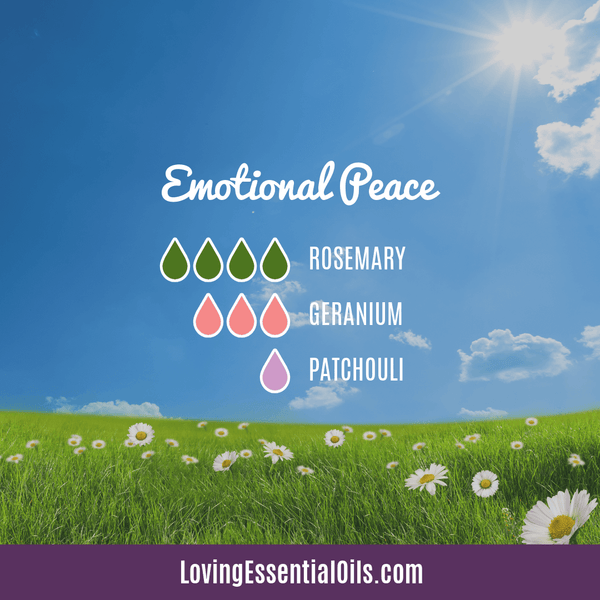
2. Uplifting Breeze Diffuser Blend
Let this uplifting essential oil blend with rosemary diffuse in the morning so it can support you before a big day!
- 4 drops Grapefruit
- 2 drops Rosemary
- 2 drops Eucalyptus
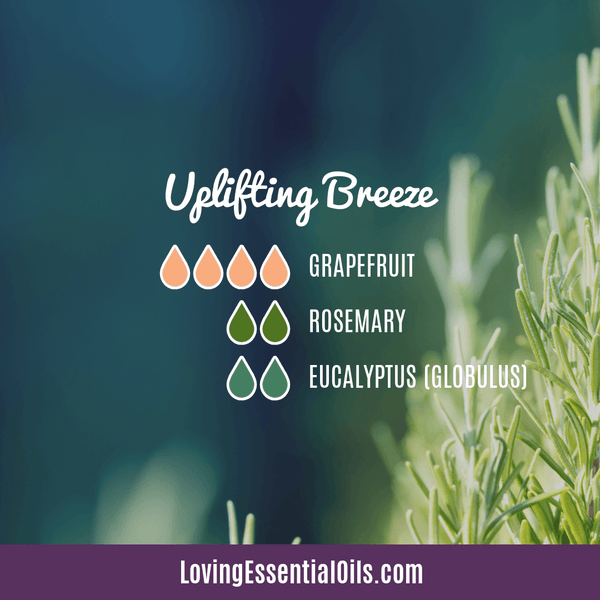
3. Stress Away Diffuser Recipe
Don't let stress overtake your thoughts and actions. Diffuse this rosemary essential oil blend for a stress-relieving effect!
- 2 drops Grapefruit
- 2 drops Lemon
- 2 drops Rosemary
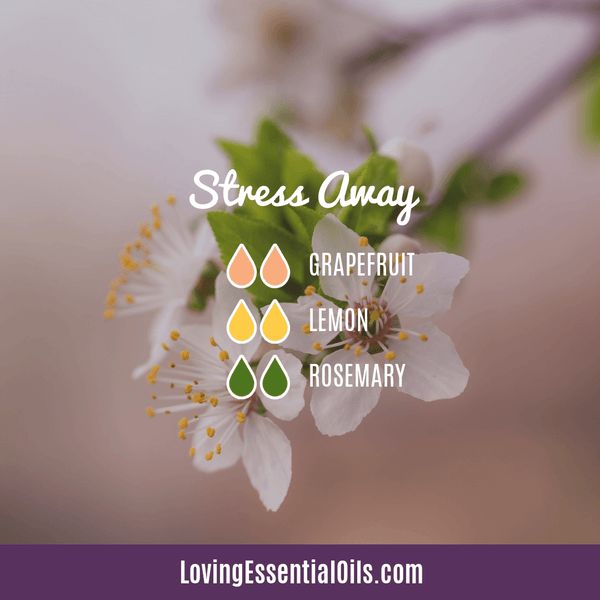
General Essential Oil Precautions
Never use essential oils undiluted in the eyes or mucous membranes. Do not take them internally unless working with a qualified practitioner. Keep out of reach of children.
Use essential oils with extreme caution on children. Be sure you have researched the oil and that it is safe for use on kids. Plant Therapy clearly labels its oils "KidSafe" on the bottle if the oil can be used for children ages 2–10.
If applying an essential oil topically (on your skin), you may perform a small patch test on an insensitive part of the body. Use 1-2 drops in a teaspoon of carrier oil like jojoba oil. Read more here.
If you are pregnant, breastfeeding, epileptic, or under a doctor’s care, consult your physician. For more information on oil safety issues here.
Share on Pinterest

Read More About Essential Oil Uses
FAQs
How can rosemary essential oil affect emotions?
Rosemary essential oil is believed to have mood-enhancing properties that can help improve emotional well-being. It is often used in aromatherapy to reduce stress and anxiety and to promote mental clarity and concentration.
What are the benefits of using rosemary essential oil for emotional health?
The benefits of using rosemary essential oil for emotional health include its ability to uplift mood and reduce feelings of fatigue and tension. Its invigorating scent can stimulate the brain, helping to alleviate symptoms of mental exhaustion and improving overall emotional balance.
Can inhaling rosemary essential oil improve mental clarity?
Inhaling rosemary essential oil is said to improve mental clarity and focus. The aroma is thought to enhance cognitive performance and memory retention, making it a popular choice for those needing a mental boost.
Are there any side effects to using rosemary essential oil for emotions?
While rosemary essential oil is generally safe for most people, some may experience side effects such as skin irritation or allergic reactions. It is important to use it in moderation and perform a patch test before applying it to the skin.
How do you use rosemary essential oil to support emotional well-being?
To support emotional well-being, rosemary essential oil can be used in a diffuser, added to a bath, or diluted with a carrier oil for a soothing massage. These methods help release its aroma, which can positively influence mood and mental state.
Is rosemary essential oil effective for reducing stress and anxiety?
Rosemary essential oil may be effective for reducing stress and anxiety due to its calming and invigorating properties. While individual results can vary, its use in aromatherapy is often recommended as a natural way to help manage stress levels.

